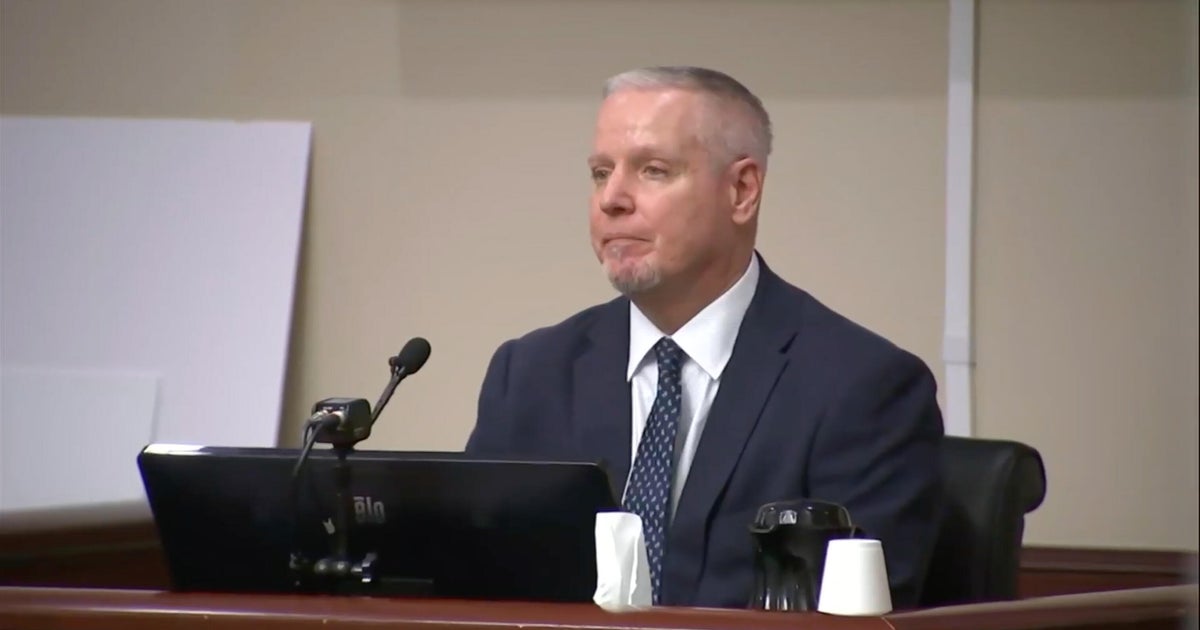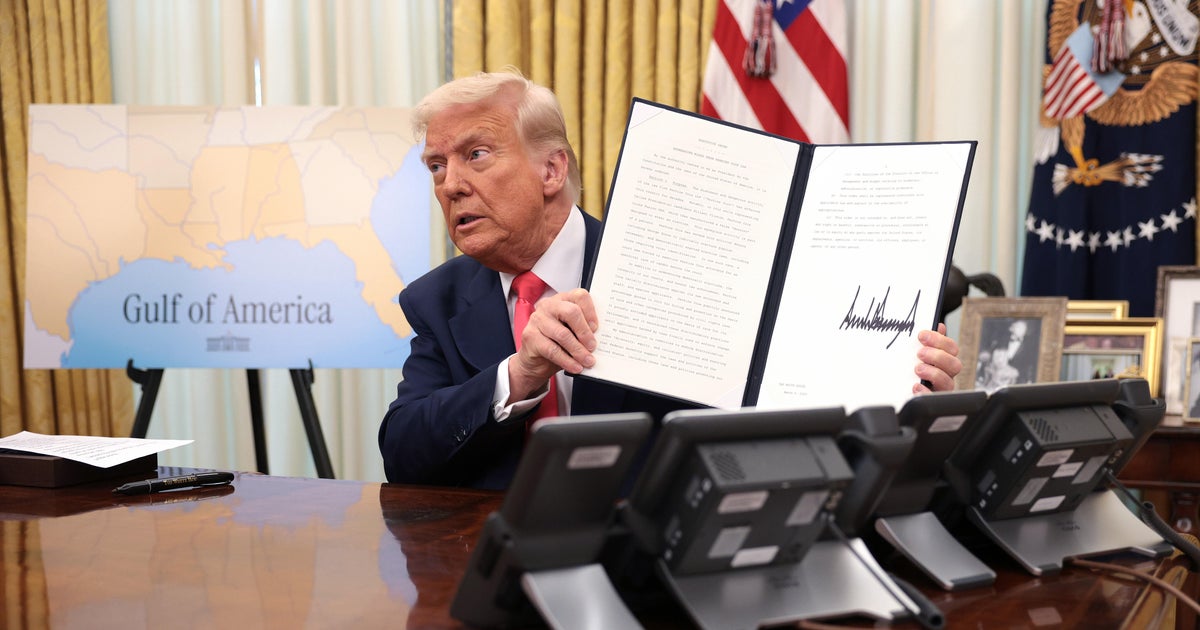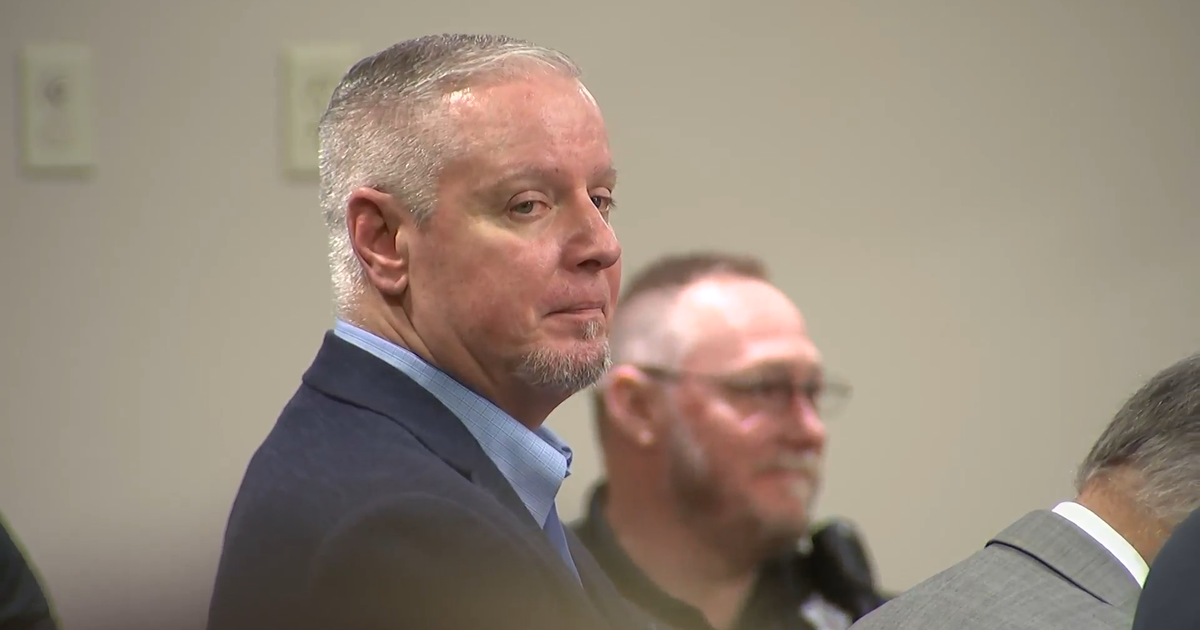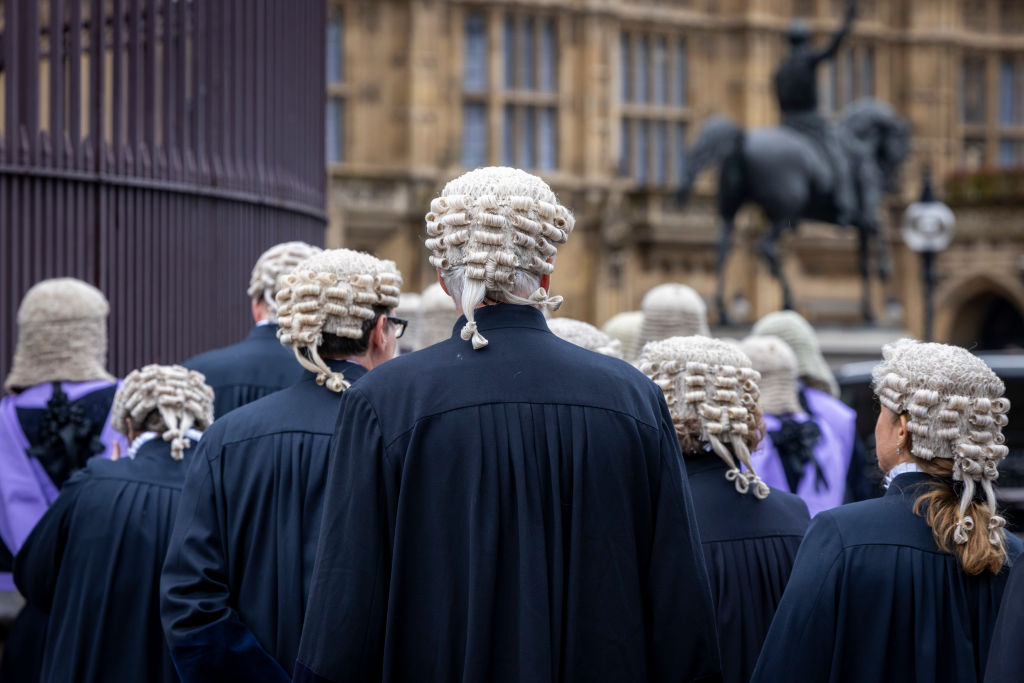Jury hears closing arguments in Paul Manafort trial
Closing arguments kicked off Wednesday in the trial of former Trump campaign chairman Paul Manafort, who is charged with tax evasion and bank fraud. Manafort's defense rested its case Tuesday without calling any witnesses.
Prosecuting attorney Greg Andres opened by telling the jury that "Mr. Manafort lied to keep money when he had it and he lied to get money when he didn't," CBS News' Robert Legare and Bo Erickson report.
Andres broke down his case to find the defendant guilty on all count into two parts: Manafort's filing of false tax returns on income he made in Ukraine and his defrauding banks in loan applications. The government alleges Manafort had 31 bank accounts overseas, holding $60 million.
Displaying emails and signed documents to the jury in order to show Manafort's willful violation of the law, the attorney continuously stated that "Mr. Manafort knew the law" when he failed to disclose his foreign assets and he "knew the law" when he hid them from his bookkeeper.
Andres then turned to Rick Gates' testimony. He began by telling the jury that "the Government is not asking you go take Mr. Gates' testimony at face value." Rather, he instructed the jury that they should test and verify Gates' testimony with those of the other witnesses presented.
Legare and Erickson report that Andres seemed to acknowledge that Gates' affair and crimes, to which he has plead guilty, make his word unreliable, but told the jury that, when corroborated with other witness testimony, his words make the Government's case stronger. However, Andres cautioned that " this is not a trial in which Mr. Gates' guilt is being tried."
Meanwhile, Richard Westling of the defense laid out the three pillars of the presumption of innocence, burden of proof, and reasonable doubt. He said that "Mr. Manafort is innocent and will continue to be innocent until you issue a verdict." He added that the government has not met the burden of proof, and showed a graphic that was a chart showing the burden of proof at the top and a number of categories below that were labeled "not guilty."
Westling argued that Manafort had been an adviser to many other presidents and that "he is endeavored to serve." He said "Mr. Manafort doesn't do that alone...what he did throughout his career" was "turned to others as a team, sometimes those people are trustworthy and sometimes they're not." He said this was "not consistent" with someone wanting to commit fraud.
Attorney Kevin Downing took over the closing argument for the defense, spending much of his time attempting to discredit Rick Gates' testimony, telling the jury "he lied to you" and he "got one over on you" in reference to what Downing called a "flawless" direct examination. However, he noted, Gates "fell apart" on cross examination, revealing his true nature as untrustworthy character.
Downing ended his argument by laying blame not only on Gates, but also the FBI itself, telling the jury the FBI did not bring charges against Manafort when they first allegedly investigated in 2014. If they had done so, Downing told the jury, "none of us would be here."
He concluded by telling the jury that the "Government has not met the burden of proof" to convict Manafort.
Manafort's is the first trial to emerge from special counsel Robert Mueller's investigation, although the case didn't address allegations of Russian interference in the 2016 election. Mueller has been tasked with investigating those allegations, as well as possible collusion with the Trump campaign.
But as a result of the ongoing probe, Mueller's legal team says it discovered Manafort hiding millions of dollars in income he received advising Ukrainian politicians. The defense has tried to blame Manafort's financial mistakes on his former deputy, Rick Gates. Defense attorneys have called Gates a liar, philanderer and embezzler as they've sought to undermine his testimony.
Manafort's decision not to testify and not to call witnesses was announced Downing before the jury on Tuesday afternoon. Asked by U.S. District Judge T.S. Ellis III whether he wished to testify in his defense, Manafort responded: "No, sir."
The announcement came after a more than two-hour hearing that was closed to the public. The judge has not given any explanation for the sealed proceeding, only noting that a transcript of it would become public after Manafort's case concludes.
"Mr. Manafort just rested his case," Downing said outside the courthouse during Tuesday's afternoon recess. "He did so because he and his legal team believe that the government has not met its burden of proof," he added. Downing also said the defense team was feeling "confident" heading into Wednesday's closing remarks.
The government says Manafort hid at least $16 million in income from the IRS between 2010 and 2014 by disguising the money he earned advising politicians in Ukraine as loans and hiding it in foreign banks. Then, after his money in Ukraine dried up, they allege he defrauded banks by lying about his income on loan applications and concealing other financial information, such as mortgages.
Manafort's lawyers argued there is no way that one of the banks, Federal Savings Bank, could have been defrauded because its chairman, Stephen Calk, knew full well that Manafort's finances were in disarray but approved the loan to Manafort anyway. Witnesses testified that Calk pushed the loans through because he wanted a post in the Trump administration.
Prosecutors rested their case on Monday, closing two weeks of a testimony in which they introduced a trove of documentary evidence as they sought to prove Manafort's guilt on 18 separate criminal counts. The prosecution depicted Manafort as using the millions of dollars hidden in offshore accounts to fund a luxurious lifestyle.
The case against Manafort does not relate to any allegations of Russian election interference or possible coordination with the Trump campaign, the main thrust of Mueller's investigation.
Still, the proceedings have drawn President Donald Trump's attention — and prompted tweets — as the president has worked to undermine the standing of the Mueller investigation in the public square.
Mr. Trump has distanced himself from Manafort, who led the campaign from May to August 2016 with Gates at his side. Gates struck a plea deal with prosecutors and has provided much of the drama of the trial so far.
Gates testified that he helped Manafort commit crimes in an effort to lower his tax bill and fund his lavish lifestyle. During testimony, Gates was also forced to admit embezzling hundreds of thousands of dollars from Manafort and conducting an extramarital affair.
CBS News' Paula Reid, Bo Erickson and Rob Legare contributed to this report.



